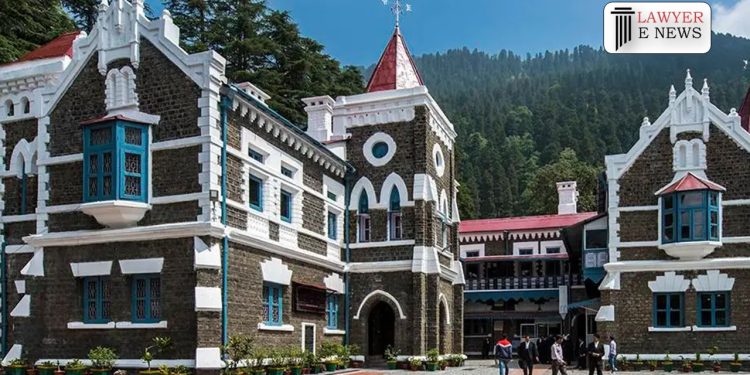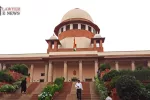Maintainability of Third-Party Applications Must Follow Proper Procedural Compliance: Nainital High Court

In a recent judgment, the High Court of Uttarakhand at Nainital has remitted a case back to the trial court for proper adjudication concerning the rights of a third party in possession disputes. The judgment, delivered by Hon’ble Justice Alok Kumar Verma on 24th June 2024, underscores the necessity of adhering to procedural requirements when third parties seek to protect their possession under Order XXI, Rule 99 of the Code of Civil Procedure, 1908 (CPC).
The case originated from an Original Suit (O.S. No.76 of 1991) filed by Anirudh Kumar seeking a decree for partition. The trial court passed a preliminary decree on 16th December 2000, declaring Anirudh Kumar the owner of a 1/3 share in a specified land parcel. The appellants, Upendra Kumar Sharma alias Bhagat and another, were not parties to the original suit but later filed an application under Order XXI, Rule 99 CPC, claiming ownership and possession of adjacent land and seeking dismissal of the execution proceedings initiated by Anirudh Kumar.
The High Court’s primary focus was on the procedural aspect of the case. The trial court and the appellate court had dismissed the appellants’ applications without framing issues or allowing the parties to present evidence. Justice Alok Kumar Verma emphasized that any application under Order XXI, Rule 99 CPC must follow due procedure similar to a suit, involving the framing of issues and the leading of evidence.
The court acknowledged the appellants’ contention that they possessed the land in question and that their rights should be adjudicated through a thorough legal process. It was noted that the dismissal of their application under Order I, Rule 10 CPC in a previous instance did not preclude them from seeking relief under Order XXI, Rule 99 CPC when a new cause of action arose.
Justice Verma extensively discussed the procedural requirements under Order XXI, Rules 97-99 CPC, emphasizing that these provisions aim to resolve disputes related to possession during the execution of decrees. He stated, “The procedural safeguards are essential to ensure that the rights of all parties, including third parties claiming possession, are adequately protected.”
Justice Verma remarked, “It was incumbent upon the learned trial court to first frame issues and then permit the parties to lead evidence before deciding the application under Order XXI, Rule 99 CPC.”
The High Court’s decision to remit the case to the trial court for fresh adjudication highlights the judiciary’s commitment to procedural fairness and justice. By setting aside the impugned orders and directing the trial court to follow proper procedural steps, the judgment ensures that the appellants’ claims are duly considered. This decision is expected to reinforce the importance of procedural compliance in executing decrees and protecting third-party rights in possession disputes.
Case Title:Upendra Kumar Sharma alias Bhagat and Another vs. Anirudh Kumar
Date of Decision: 24th June 2024






